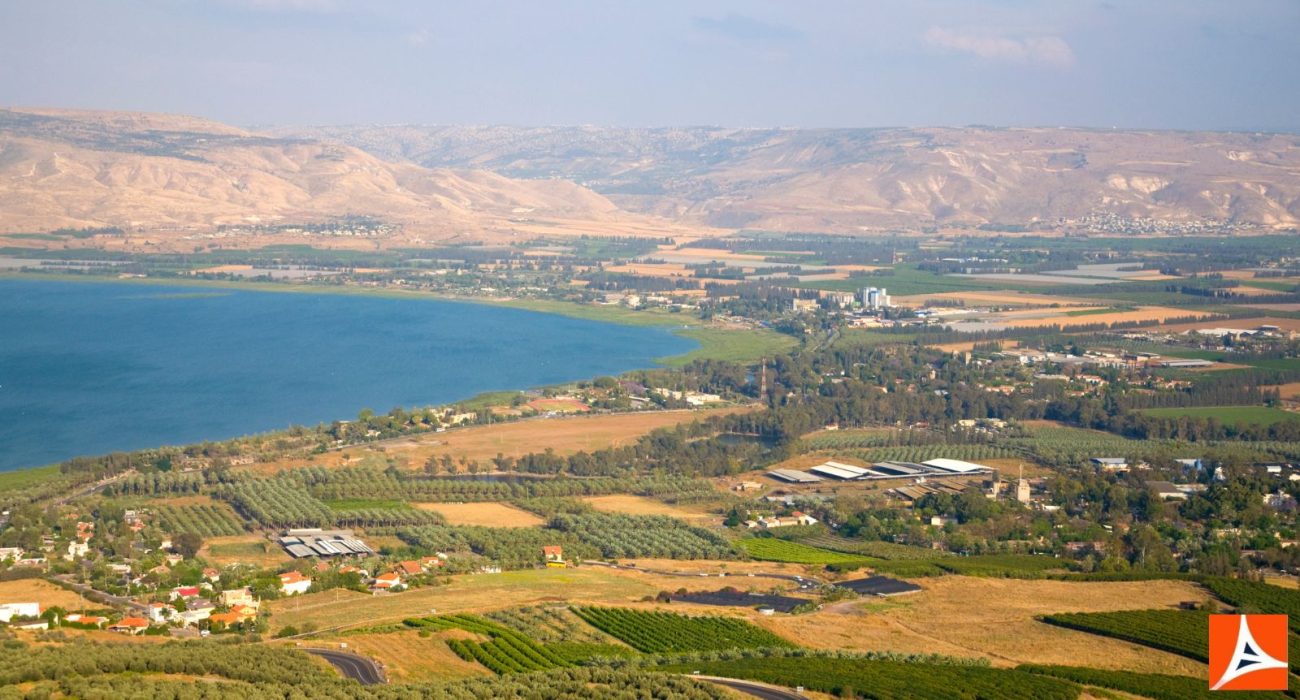Summer is here, and with it, dreams of sitting on the beach sipping a cold Coke, flying to an exotic location or trekking across this beautiful land of ours. How can you take time off from work during the summer and make your dreams come true?
Vacation days
Whether you get the legal minimum of vacation days or have more written into your contract, you can ration them out throughout the year so that you have enough to take some time off during the summer. Even if you’ve used up your vacation allotment, your company may allow for taking a few unpaid days.
Be aware that you need to request vacation time in advance and that your bosses can refuse your request for time off. Because the last two weeks of August are the most popular time for vacations, employers may not be able to allow everyone to take off, since some staff needs to remain in the office. If you can take your vacation earlier in the summer or push it off for a different time of year, you may have more of a chance of getting approved.
You’re entitled to one day a year that your employer can’t refuse, on the condition that you request this day off 30 days in advance. You are also entitled to choose one of the chosen days (Yemei Bechira)—no approval necessary.
Collective vacation (Chufsha Merukezet)
Some employers find that it’s not worthwhile to keep the office open at the end of August, either because so many employees want to take vacation or because their customers are also on vacation and there’s not enough work to keep everyone busy. They will declare a collective vacation, known as Chufsha Merukezet, and close the office entirely. If this is the policy at your workplace, you will need to take your vacation at this specific time and the days will be deducted from your vacation allotment. If you don’t have enough vacation days due to you, your employer must pay for the days you aren’t working and can’t deduct them from your future vacation allotment.
An employer who sends employees on vacation can do so for up to 7 days off without advance notice. If the vacation is over 7 days, a 14-day advance notice is required. If you get sick while on vacation, you are entitled to switch the vacation days to sick days.
Parenting and working in the summer
One of the challenges of being a parent with a full-time job in Israel is that there is a discrepancy between vacation days for kids and the number of vacation days available to employees. The law dictates a minimum of 12 days a year for a relatively new full-time employee, and although some contracts allow for more, many workers get only the minimum. Children, on the other hand, are off for all of August, and older kids (usually from 5th grade and up) are off from the beginning of July. Camps are an option, of course, but they are generally not very long and almost no camps exist during the last two weeks of August. Parents tend to solve this issue by switching off vacation days, hiring babysitters, asking relatives to pitch in or working from home. For ideas on how to manage this challenge, see When Kids Are on Vacation but It’s a Regular Work Day and Juggling Kids’ Schedules and Work – How Do Israelis Do It? Many parents take vacation at the end of August to go abroad, stay in a hotel or tzimmer in Israel or do a staycation from home.
Taking time off from work is crucial for preventing burnout, maintaining work-life balance and bringing your best self to the office. Whether you take vacation in the summer or at a different time of the year, the value of taking a break is absolutely priceless.

